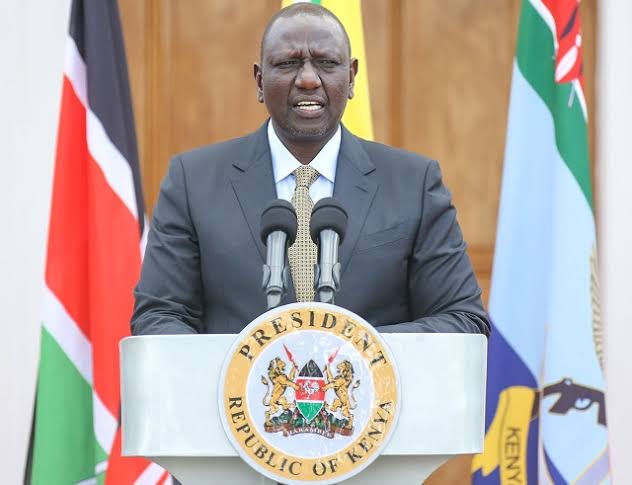Demonstrations persisted in Nairobi and other parts of Kenya on Tuesday, as people continued to express their opposition to a controversial finance bill that would lead to increased living costs. This defiance came despite the President’s assurance that he would not approve the bill, following the dramatic storming of the parliament building last week.
Law enforcement officers in Nairobi deployed tear gas to disperse demonstrators, while many businesses in the area remained shuttered due to concerns about potential looting. The primary highway connecting the capital to Mombasa, Kenya’s second-largest city, was blocked as protesters set up burning barricades, disrupting traffic and causing chaos.
As the deadline for signing the finance bill approaches next week, concerns linger that President William Ruto may renege on his promise and approve the controversial legislation. Meanwhile, some demonstrators are escalating their demands, calling for Ruto’s resignation and denouncing his leadership as a failure, citing poor governance and authoritarian tendencies.

Yet, some young demonstrators have expressed concerns that the protests are being hijacked by others who are using the chaos as a cover for vandalism and violence, thereby undermining the legitimacy and peaceful nature of their cause.
READ ALSO:
The recent protests turned violent when police used lethal force, resulting in a significant loss of life. According to the Kenya National Human Rights Commission, the two-week protest period has seen a total of 39 fatalities, although President Ruto claimed on Sunday that the death toll was lower, at 19.
In an effort to address the grievances of Kenyan youth, President Ruto has extended an olive branch, inviting them to engage in dialogue. He has also pledged to implement austerity measures, specifically reducing expenses on travel and hospitality, in response to protesters’ calls for greater fiscal responsibility. The move comes amidst widespread frustration over the perceived extravagance of the president and other high-ranking officials, juxtaposed with the struggles of ordinary Kenyans facing high unemployment and rising costs of living.

